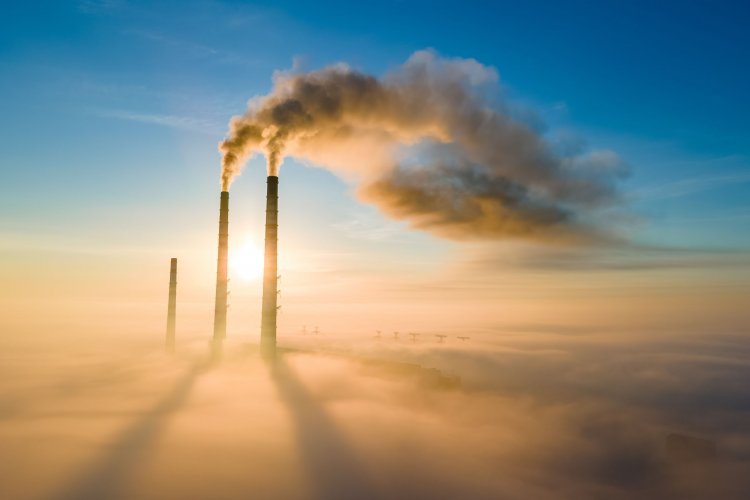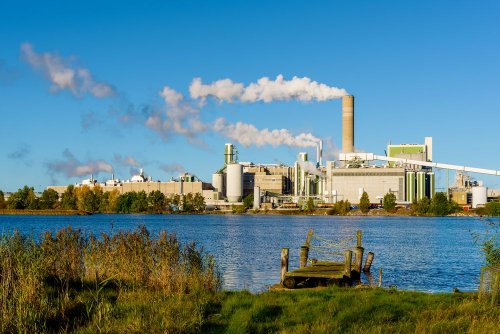The European Business Association has appealed to Ukrainian MPs to postpone the implementation of European environmental legislation in the field of industrial waste. The EBA experts asked to cancel the 7-year time limit for the implementation of best available technologies and management practices (BAT) at existing facilities, as well as to increase the corresponding possible deadline for decommissioning outdated facilities from 10 to 15 years.
The full text of the appeal is published on the EBA website.
The experts said that the relevant provisions are contained in the draft law “On Ensuring the Constitutional Rights of Citizens to a Safe Environment for Life and Health” No. 6004-d of January 4, 2023, which is currently being prepared for adoption in the second reading.
What innovations are offered?
This document is designed to implement Directive 2010/75/EC on industrial emissions. It applies to enterprises in the energy, metallurgical, cement, oil and gas, pulp and paper, chemical and other industries and provides for:
- Obtaining by enterprises a single integrated permit instead of obtaining separate permits for emissions of pollutants into the atmosphere, for special water use and waste treatment operations.
- Creation of a legal basis for the introduction of the conclusions of the best available technologies and management methods (BTM) – a list of recommended technologies and determined on their basis standards for emissions and discharges of pollutants, as well as management methods, in particular environmental management, monitoring, etc.
EBA specialists noted that they are grateful to the drafters of draft law No. 6004-d for their fruitful cooperation and consideration of most of their comments and suggestions. But at the same time, they emphasized that in the conditions of a full-scale war, increased mobilization, as well as difficult access to sources of financing measures to modernize production, the majority of enterprises that will be subject to the reform will not be able to modernize within 7 years – the term that is currently prescribed in the draft law . They will be forced to shut down or shut down old facilities and build new ones.
Draft law No. 6004-d sets a period of 10 years for decommissioning outdated installations.
Why should the terms be changed?
Experts emphasized that when establishing the terms of transition to new environmental standards, it is necessary to take into account both the financial ability of businesses to modernize production during the war without financial assistance from the state and the EU, as well as the need to solve socio-economic problems that may arise when city-forming enterprises are stopped.
"While we have been told for more than 5 years about the necessity of eco-modernization and reduction of emissions from industry to the European level as an indispensable condition for joining the EU, the Europeans themselves approach this issue quite seriously.
Thus, according to the European Commission's report, as of 2018, 133 deviations from the conclusions of NDTM were granted for 98 installations operating in 15 member states, the largest number of them – in Sweden, the Czech Republic, and Italy. The longest derogation related to the conclusions of the NDTM for glass production – 202 months, and 22 derogations were granted for an indefinite period of time.
At the same time, each of these countries has access to the relevant EU trust funds, at the expense of which this green industrial transition is carried out. Maybe it's time for Ukraine to show an example of protecting the national economy, especially at a time when its best sons and daughters give their lives for the preservation of the state?" – this is how Olga Boyko, coordinator of the industrial ecology and sustainable development committee of the European Business Association, commented on the situation.
Therefore, the representatives of the EVA appealed to the people's elected officials with a proposal to cancel the time limit of 7 years for the implementation of NDTM at existing enterprises, as well as to increase the corresponding possible deadline for the decommissioning of installations to 15 years and to take into account the amendment No. 297, provided in the Comparative table to the draft law no. 6004-d to the second reading.
Previously, EcoPolitic introduced readers to 4 key conditions of effective climate policy in Ukraine according to EBA experts.





